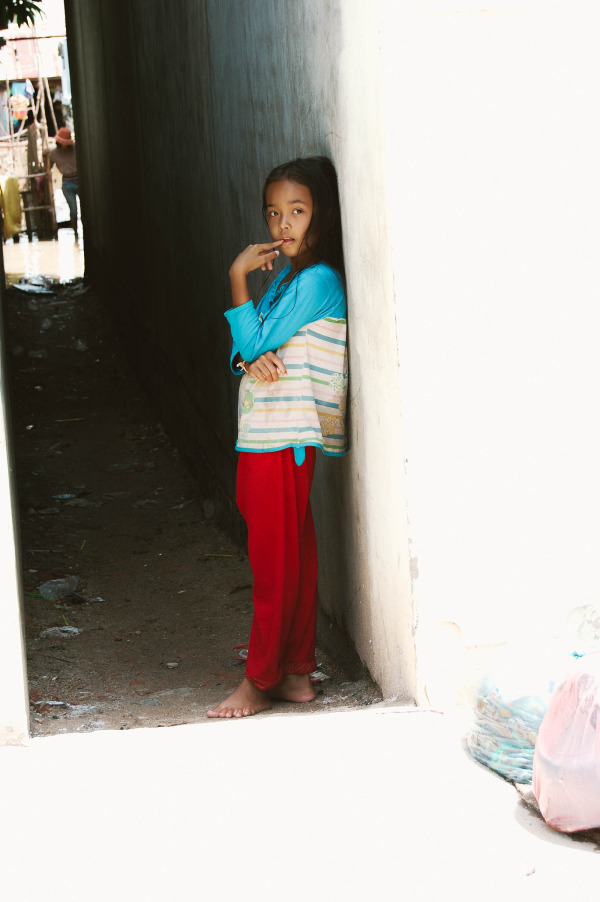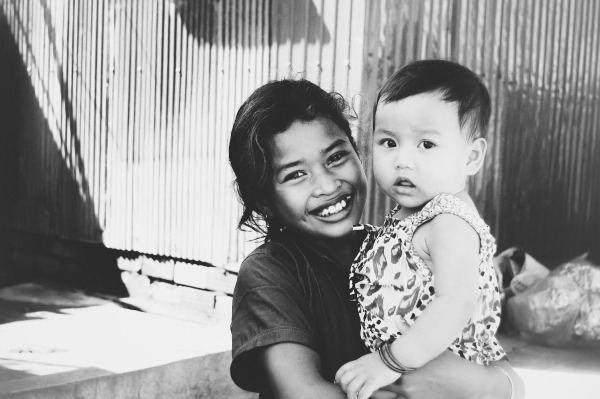The Need for Quality Education as the Means of Protection and Prevention in Cambodia

After the devastation of the Khmer Rouge in the 70’s followed by 13 years of civil war, Cambodia was left with ransacked schools, little resources, and a handful of qualified teachers due to targeted purges by the Khmer Rouge that eliminated 75% of education professionals.[1]
Three of Pol Pot’s tactics during the Khmer Rouge Regime were abolishing the education system, any religious activity, and psychologically controlling the Cambodian people by dismantling the family unit. The trauma inflicted on these three integral parts of society have left lasting scars on today’s generation. According to the UNESCO, “education has a significant role to play in addressing Cambodia’s current instability concerns….”[2]
While strides have been made in the education system, the current education system is not leading to better employment as teachers are “largely under-qualified and in short supply.”[3] Teachers often demand “informal fees” (bribes) from their students, as well as supplement their meager income through 2nd and 3rd jobs that lead to teacher truancy. The informal fees often impact a child’s ability to attend school, increasing their level of vulnerability.
In an effort to prevent child labor and trafficking in Cambodia, there is a need for quality education as the means of protection and prevention. According to Chab Dai, nearly 1.5 million Cambodian children between the ages of 7 and 17 are engaging in child labor.[4] One of the eight areas of emphasis of the Cambodian government’s National Plan of Action on the Worst Forms of Child Labour is “education as a viable alternative to child labor.”[5]
While 80% of children enroll in first grade, only 45% continue on to sixth grade completion and only 38% move on to lower secondary school (grades 7 through 9).[6]
While technically illegal, corruption, bribes and cheating have been allowed in the government school system in Cambodia for decades, until this year, no one knew for sure how much it affected results. During the 2014 National Exams, the government strictly enforced no bribes or cheating during the nationwide exams. The results were eye-opening. In 2013, 87% of Grade 12 students passed, whereas in 2014, with strict enforcement, only 25% passed.
There are interventions that when packaged together directly and indirectly impact and improve Cambodia’s complex issues: catch-up schools, supplementary academic support, and adult education.

Education has always been the cornerstone to Asian Hope’s approach to reducing vulnerability of children in Cambodia. In 2011, we launched an extensive research project into human trafficking response programs in Cambodia. Our research team discovered a significant gap in prevention focused programs. In response, we designed a culturally relevant, holistic program centered on the Catch-up School model that educates both children and families.
Special Invitation
You can join with Asian Hope by financially donating, advocating for Asian Hope’s #EducationIsPrevention on social media, and by joining our Launch Party in NYC. On December 4th, at 7:00pm, Asian Hope will be hosting our 1st formal event in NYC. To join us, please learn more here.
Learn. Connect. Act.
Learn more about Asian Hope
Connect via Facebook, Twitter, and Instagram
Act by advocation for Asian Hope with #EducationisPrevention on social media
From the Editor
At Conscious, we are inspired by remarkable people, and so we set out to tell stories that highlight real human interactions and human dignity. You can read more stories like this when you pick up your copy of Conscious Magazine. Subscribe today via our Conscious Shop and subscribe to Conscious Updates.



